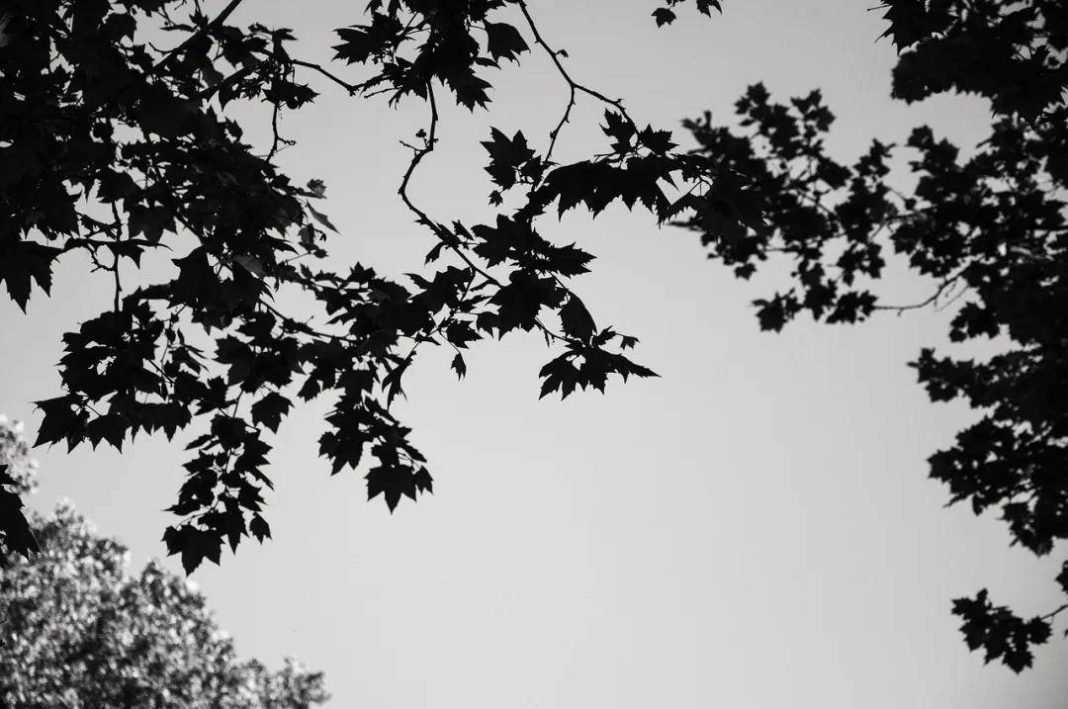How can one discern the efficacy in treating depression, anxiety, bipolar, and schizophrenia?
It is known that those who excel in treating such ailments can not only address organic heart diseases but must also be able to adjust functional heart diseases.
In the realm of traditional Chinese medicine, it is said that they can both identify the symptoms of Shaoyang and adeptly observe the transformations of Jueyin.
Why are diseases of depression and anxiety easier to treat?
This is because they mostly belong to functional ailments, also related to Shaoyang. For instance, conditions like vegetative nerve disorder and neurosis fall into this category.
Although they are not terminal illnesses, they still require treatment.
We can balance “Qi” to stabilize emotional turmoil.
Those with anxiety or depressive disorders often experience physical symptoms; treating these can alleviate depression or even lead to its complete disappearance. This is all the result of adjusting “Qi”.
It is important to recognize that the human body has two major pivot points: one in the gastrointestinal tract and the other in the chest.
However, issues with elevated Qi are all due to problems in the chest.
Respiratory difficulties, headaches, and similar conditions caused by dampness, phlegm, deficiency labor, or dryness stem from ailments in the upper jiao, resulting from stagnant Qi in the chest.
Thus, “Breaking Qi and Returning to Five Decoction” has the method of converging and dispersing, where convergence nourishes the spirit. When the spirit is calm, emotions are at peace.
Using slightly sour medicinal herbs can help to converge and replenish fluids.
However, bipolar disorder and schizophrenia are different; traditional Chinese medicine categorizes them under mental illnesses, eventually leading to Jueyin conditions.
Therefore, bipolar disorder and schizophrenia are difficult to treat. Jueyin conditions have been hard to cure since ancient times; it is not just challenging now, but has been so throughout history.
In these two cases, controlling symptoms is easy but fundamentally curing them is hard, applicable to both Chinese and Western medicine. If Jueyin and Shaoyin are not addressed, the illnesses may easily relapse.
For example, in individuals with bipolar disorder, manic and depressive phases alternate, which corresponds to the alternation between Jueyin and Shaoyang symptoms.
When a patient accumulates stress and possesses abundant energy, it rushes towards Shaoyang, even reaching Yangming, resulting in manic behavior; when emotions plummet, they fall into Jueyin, affecting Shaoyin and Taiyin.
When such illnesses are not apparent, one can also glimpse their signs through physical symptoms.
Initially discern whether there is warmth from Yangming dryness or coldness from the middle; external pathogens entering Yangming will not transmit further, only heat transitions to cold.
Treatment involves resolving the excess of Yangming and eliminating the source of dryness, which essentially means warming the liver and gallbladder, strengthening heart Yang, and clearing lung turbidities.
However, whether in Chinese or Western medicine, many rely on “suppressing and tranquilizing” methods to seek quick relief.
Why? Because the effects come quickly. But tranquilizers address symptoms without treating the root cause.
Chinese herbal medicine is somewhat better, as negative effects are not as pronounced. Western medications are even more severe, damaging fluids and creating dryness. Therefore, medicines for calming the spirit and resolving depression may not be genuinely effective.
To treat such complex ailments, one must grasp the primary symptoms.
If the pulse is wiry but not tight, and pressing does not reveal heat signs, it can be inferred that there is surface stagnation but no significant heat internally.
Subsequently, upon inquiry, if there are no symptoms of constipation, Yangming illness can be ruled out. If the pulse is not evident, one must look for other symptoms to differentiate it.
In treating such diseases, “Breaking Qi and Returning to Five Decoction” often begins with the surface aspect of Jueyin, yielding evident results by relieving the exterior.


